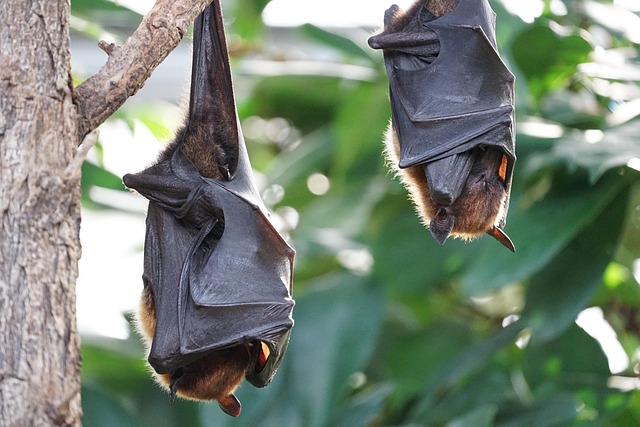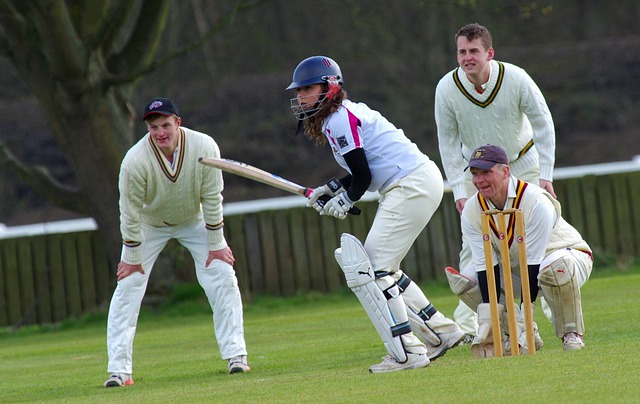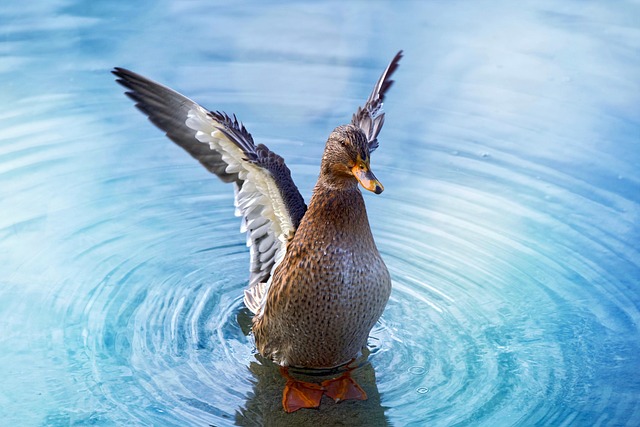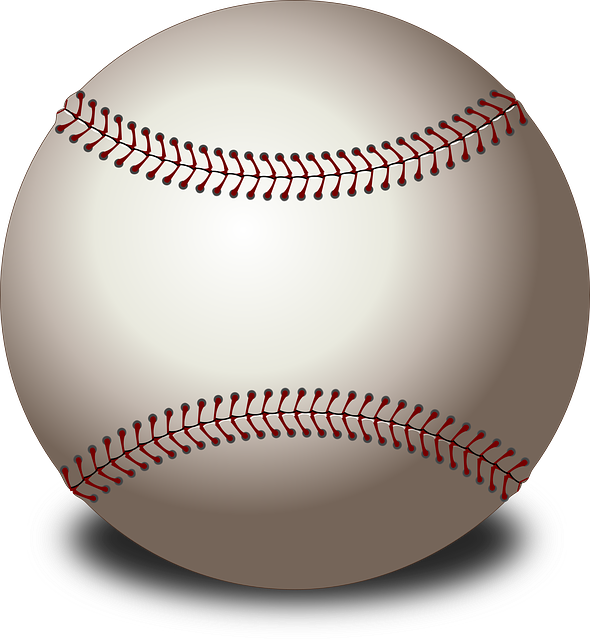The NCAA baseball rankings are key indicators of team performance, influencing post-season spots and championships. Oregon Ducks stand out as a dominant force with exceptional coaching, talent, and history. Their ranking fluctuates based on factors like win streaks, home/away records, schedule strength, and player performance, affecting fan morale and strategies. Historically mid-tier, the Ducks' rise to top 10 rankings in the early 2010s solidified their status as a prominent NCAA baseball team, achieving conference titles and tournament appearances. These rankings are crucial for fans and analysts navigating the competitive landscape of college baseball.
Uncover the captivating world of team rankings in NCAA baseball, with a special focus on the Oregon Ducks. This comprehensive guide explores the intricate dynamics that shape the Ducks’ standing among top NCAA baseball teams. From understanding the ranking system to analyzing historical trends, we delve into what factors propel them forward. Discover how rankings influence team performance and gain valuable insights into the Ducks’ success story in the competitive landscape of college baseball.
- Understanding NCAA Baseball Team Rankings
- The Ducks Baseball Team: An Overview
- Factors Influencing Oregon Ducks' Ranking
- Historical Analysis of Ducks Baseball Rankings
- Exploring the Impact of Rankings on Team Performance
Understanding NCAA Baseball Team Rankings

The NCAA baseball rankings are a crucial aspect of college baseball, reflecting the performance and strength of teams across the country. These rankings are determined by various factors, including win-loss records, strength of schedule, and overall team statistics. The top teams in these rankings often secure coveted spots in post-season tournaments and have an easier path to national championship contention. Understanding NCAA baseball team rankings is essential for fans and analysts alike, as it provides valuable insights into the competitive landscape of college baseball. By tracking these rankings, followers can navigate the season, identify rising programs, and anticipate potential matchups that could shape the playoffs.
The Ducks Baseball Team: An Overview

The University of Oregon’s Ducks baseball team is a powerhouse in NCAA baseball, known for its consistent performance and passionate fan base. With a rich history spanning several decades, the program has established itself as a Western Athletic Conference (WAC) and Pacific-12 Conference (Pac-12) staple. The Ducks’ success on the field is often attributed to their strong coaching staff, talented recruitment classes, and a culture that fosters both academic excellence and athletic prowess.
The team’s home stadium, Howard J. Samuelson Stadium, provides a vibrant atmosphere for games, with its energetic crowds and state-of-the-art facilities. The Ducks have produced numerous professional players, showcasing their ability to develop top talent. Their strategic approach to scouting and player development has made them a favorite among baseball enthusiasts, solidifying their reputation as one of the top NCAA baseball teams in the nation.
Factors Influencing Oregon Ducks' Ranking

The Oregon Ducks’ ranking in NCAA baseball is influenced by a myriad of factors that come into play during the season. Key among these are performance metrics like winning streak, overall and road record, and strength of schedule. The Ducks’ ability to consistently defeat high-ranking opponents can significantly boost their standing. Team dynamics, including player injuries or key departures, also impact rankings as they can disrupt the team’s cohesion and performance. Coaches play a crucial role in strategizing and preparing the team, which reflects in their competitive edge against other NCAA baseball teams.
Additionally, the Ducks’ ranking is influenced by their pitching and batting averages, as well as defensive solidity. Effective pitching can stifle opposing teams, while powerful batting displays enhance the Ducks’ score sheets. A balanced approach in these areas positions Oregon Ducks among the top contenders, attracting attention from both fans and analysts alike.
Historical Analysis of Ducks Baseball Rankings

The University of Oregon’s baseball team, known as the Ducks, has carved out a notable presence in NCAA baseball over the years, with their rankings reflecting consistent growth and success. Historically, the Ducks have oscillated between mid-tier and top-tier positions, showcasing resilience and adaptability. This upward trajectory is evident since the turn of the century when they started to make regular appearances in national polls, climbing steadily towards the elite.
The early 2010s marked a turning point, with the Ducks consistently ranking among the top 10 NCAA baseball teams. This sustained excellence led to notable achievements, including conference titles and trips to the NCAA Tournament. Such milestones have solidified the Ducks’ reputation as a formidable force in college baseball, with their rankings continuing to improve, reflecting their consistent performance and strategic growth over time.
Exploring the Impact of Rankings on Team Performance

In the competitive landscape of NCAA baseball, team rankings play a pivotal role in shaping expectations and performance. These rankings, often based on factors like win-loss records, strength of schedule, and recent form, serve as a barometer for measuring a team’s potential success. However, it’s essential to remember that rankings are not immutable; they evolve with each game, reflecting the dynamic nature of college baseball.
The impact of rankings extends beyond mere numbers. They influence fan morale, coaching strategies, and even player confidence. Higher-ranked teams often find themselves under increased scrutiny, with every performance analyzed minutely. Conversely, lower-ranked squads may face the challenge of overcoming preconceived notions. Understanding this intricate relationship between rankings and performance is crucial for both players and fans alike, as it underscores the ever-changing nature of NCAA baseball competition.














